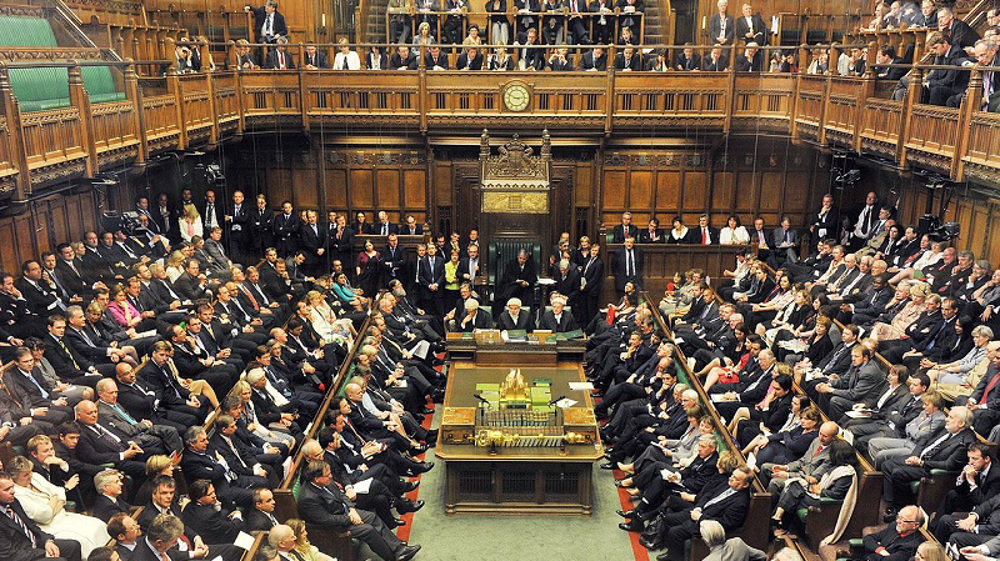Supreme Court: Joint enterprise law 'wrongly interpreted'
Britain’s Supreme Court has found flaws in the Joint Enterprise Law, saying it was interpreted wrongly against murder convicts for about three decades.
In a landmark judgement on Thursday, the highest court ruled that dozens of people convicted of murders under the controversial law can now appeal against the verdicts.
The court found judges of “wrongly interpreting” part of the law that convicts someone of murder even though he or she did not personally participate in the killing.
The law has been used in several gang-related murder cases in England, Wales, Northern Ireland and the most UK overseas territories except Scotland which has its own joint enterprise law.

The latest ruling comes in the wake of an appeal by Ameen Jogee who was convicted of the 2011 murder of former Leicestershire police officer, Paul Fyfe.
The Supreme Court has already overturned the Jogee case after a five-judge panel found a flaw. Fyfe was killed at his girlfriend’s house. While Mohammed Hirsi was convicted of the stabbing, Jogee was convicted of murder under the joint enterprise law.
At his trial, it was claimed that Jogee actively encouraged Hirsi to attack Fyfe and must have had foresight that he would likely be killed. Jogee, however, claimed that he was neither in the room nor saw the knife hence; had no prior knowledge that a murder would be committed.
The Supreme Court has now agreed with Jogee's appeal, ruling that foresight is simple evidence and does not prove someone knew a murder would result.

Delivering the judgement, Lord Neuberger said it was wrong to treat "foresight" as a sufficient test to convict someone of murder. "This court is always very cautious before departing from a previous decision of the House of Lords or the Supreme Court".
The joint enterprise law has been used in several high-profile cases, including the 1993 racially motivated murder of Stephen Lawrence in south-east London. In 2012, Gary Dobson and David Norris were convicted of murder despite a proof who wielded the knife.
As the new ruling in place, legal experts say other aspects of the controversial law would remain intact.
The law was also used to jail three teenagers for the 2007 murder of Garry Newlove. Mother of one of the teens has expressed joy over the ruling saying it proves “we can trust justice again”. Janet Cunliffe has long campaigned against the law, arguing that her son did not commit murder although her was at the scene.
Israel ‘spoofs’ GPS signals, endangering flight safety amid Gaza war: Report
Iran urges Security Council to address 'belligerent' Israeli atrocities
VIDEO | Leader meets workers on Labor Week
French police called in to break up US-style pro-Palestinian student demo
VIDEO | US continues starving Syrians, stealing their resources
Yemeni forces strike Israeli ship, Port of Eilat in solidarity with Gaza
Columbia, Yale students bent on ending US support for Israeli genocide
VIDEO | Genocide in Gaza










 This makes it easy to access the Press TV website
This makes it easy to access the Press TV website